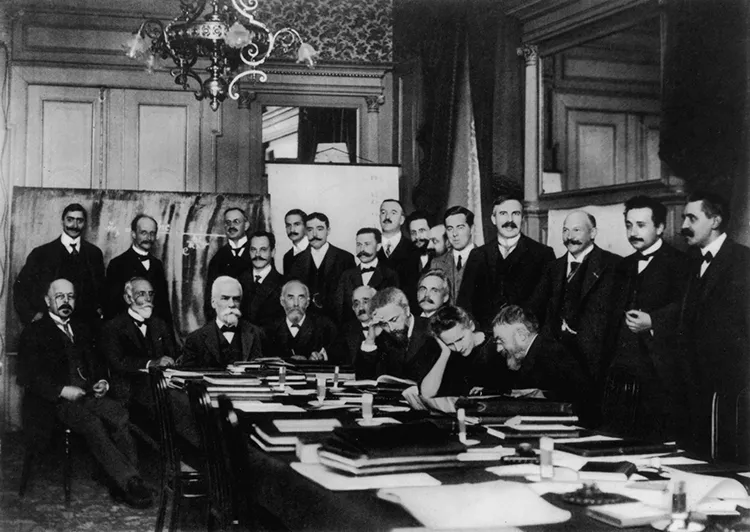
Sam Altman is Crazy
Posted September 25, 2024
Chris Campbell
It’s 1958.
The world’s top physicists are gathering at the Solvay Conference in Brussels.

Wolfgang Pauli is presenting a radical particle theory.
To most, it sounds outlandish.
Niels Bohr stands up and says: "We all agree your theory is crazy. The question is whether it's crazy enough to be right."
Turns out, it was indeed crazy enough. Soon after, it revolutionized our understanding of quantum mechanics.
Fast-forward to 2016.
Sam Altman, a rising star in tech circles, was presenting his predictions on AI.
Once again, many saw his predictions as crazy.
For example…
At a Y Combinator event, Altman predicted, "In the next five years, computer programs that can think will read legal documents and give medical advice."
Remember, this was before the era of GPT and large language models. Now? Doesn’t seem so crazy.
He also predicted that within 10 years, we'd have AI assistants that could carry out complex tasks.
With the rise of AI agents, the scoffs have been replaced with an uncomfortable shifting in seats.
Finally, in a 2016 blog post titled "Moore's Law for Everything," Altman envisioned a world where the cost of goods and services would halve every two years due to AI advancements.
(Yeah… still sounds crazy.)
Here's why I bring this up...
Altman has once again stirred the pot with his latest blog post, "The Intelligence Age."
In it, he suggests we're on the cusp of a new era - a transformation, he says, as significant as the leap from the Stone Age to the Agricultural Age.
But, the big difference is this “Intelligence Revolution” - as he calls it - will be squeezed within a time frame that, for most, is inconceivable.
His reasoning? Simple: deep learning works. We know this now. It's gotten predictably better with scale, and we've thrown increasingly more resources at it.
The result? AI systems that can now tackle problems we once thought were the exclusive domain of human intelligence.
But here's where it gets really mind-bending. Altman suggests this shift could begin within the span of "a few thousand days."
Imagine a world - in the not too distant future - where everyone has a personal AI team, a squad of virtual experts ready to tackle any problem.
Need to learn quantum physics? Your AI tutor's got you covered. Want to design a revolutionary clean energy system? Your AI research team is already on it.
To be sure, Altman isn't wearing rose-tinted glasses.
He acknowledges this transition won't be all glitter and rainbows. The labor market, for one, is in for a significant shake-up.
But he remains optimistic…
Like us, he sees AI as amplifying, not replacing, our drive to innovate and contribute.
As you may know, that’s been our main beat here and in our flagship AI letter Paradigm Mastermind Group.
And though Altman sounds crazy… he might be crazy enough to be right.
